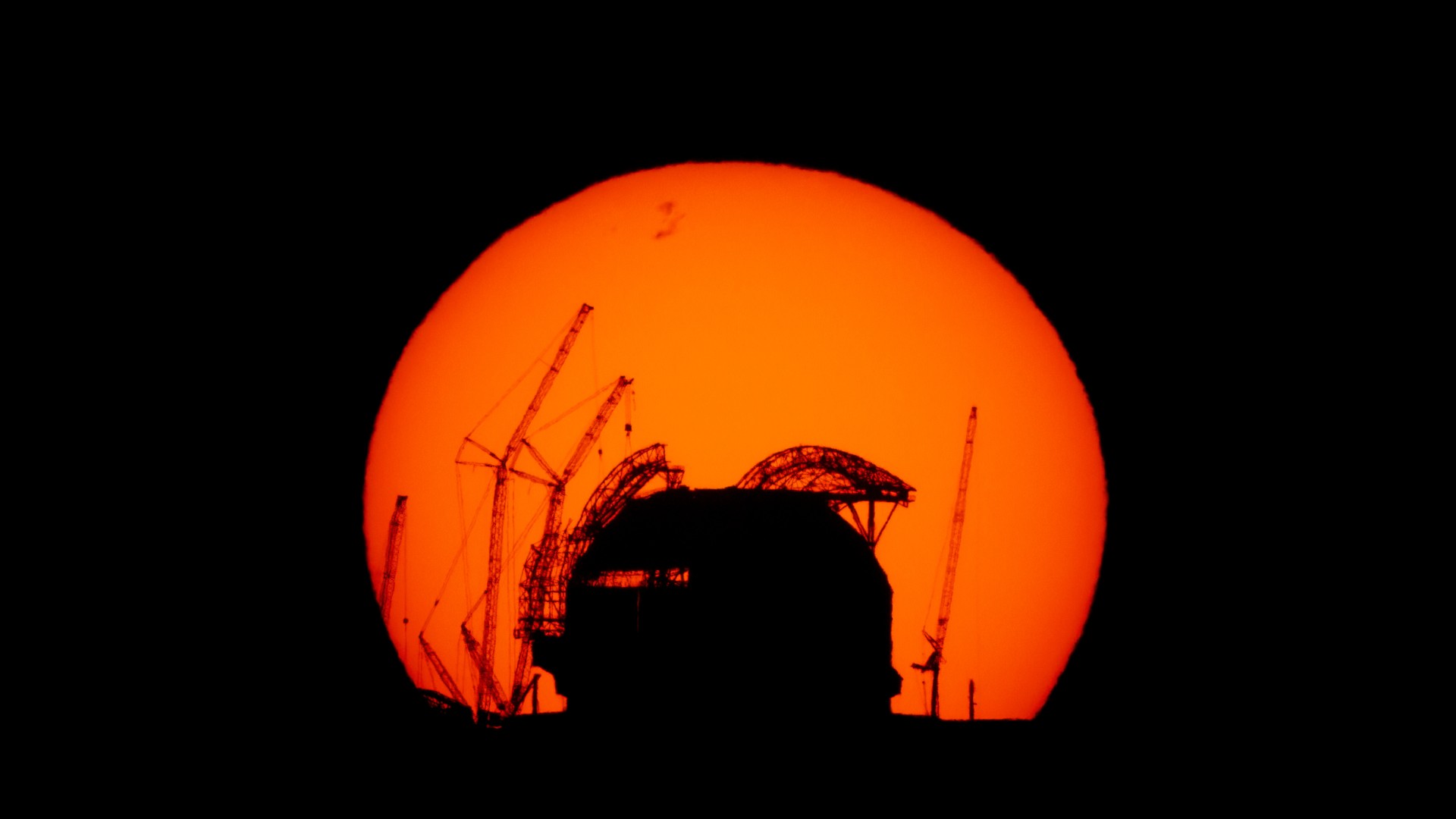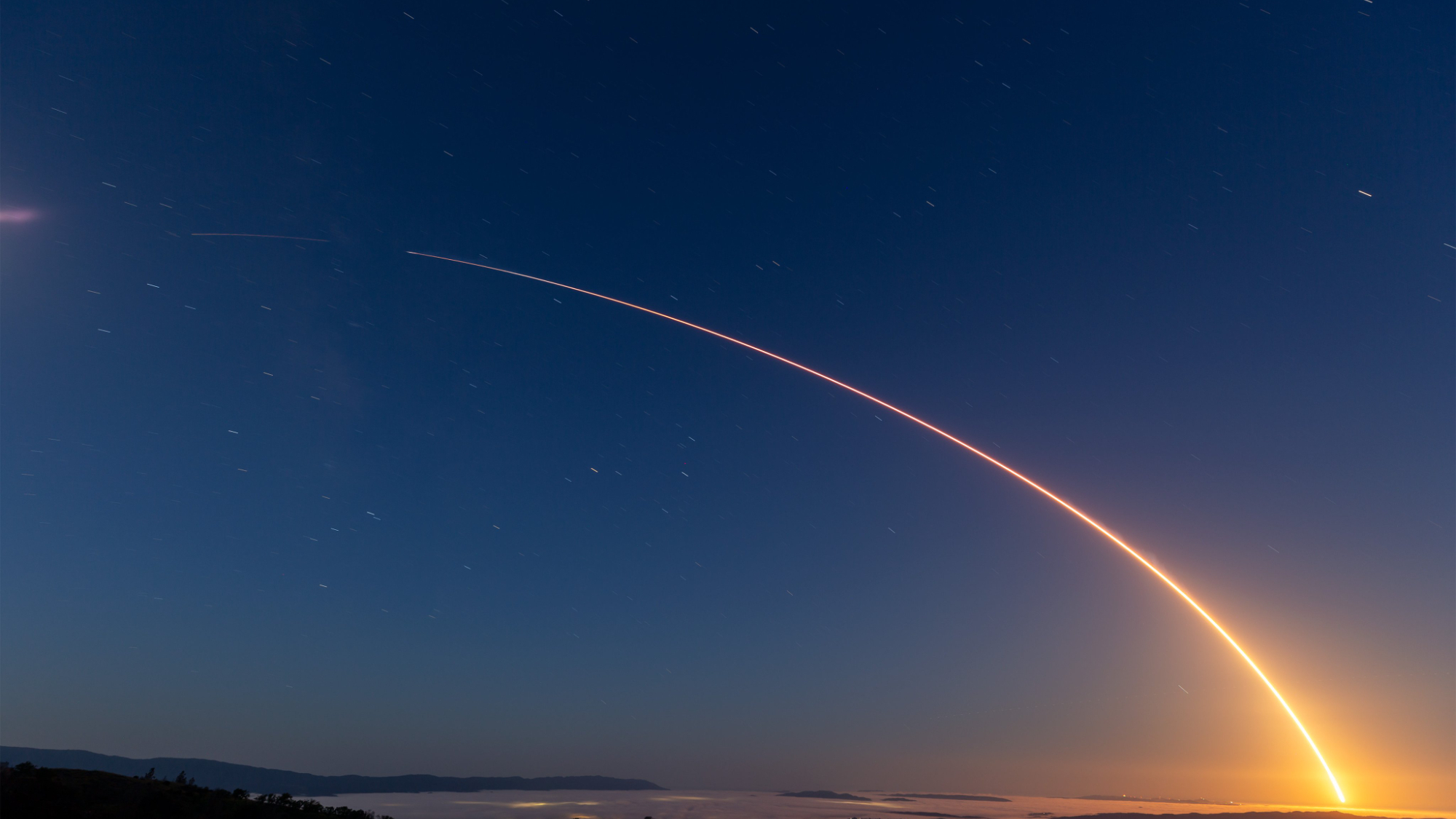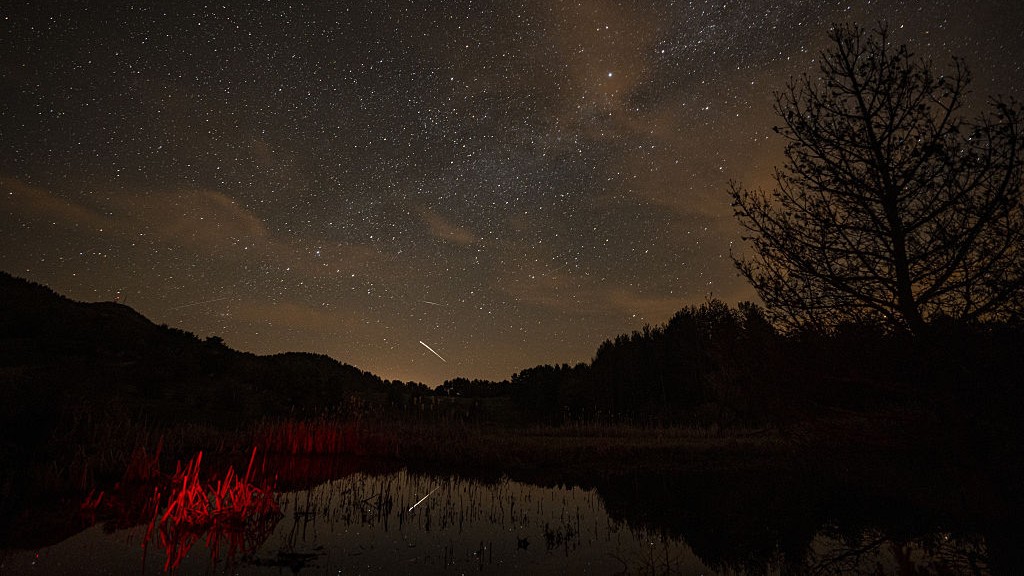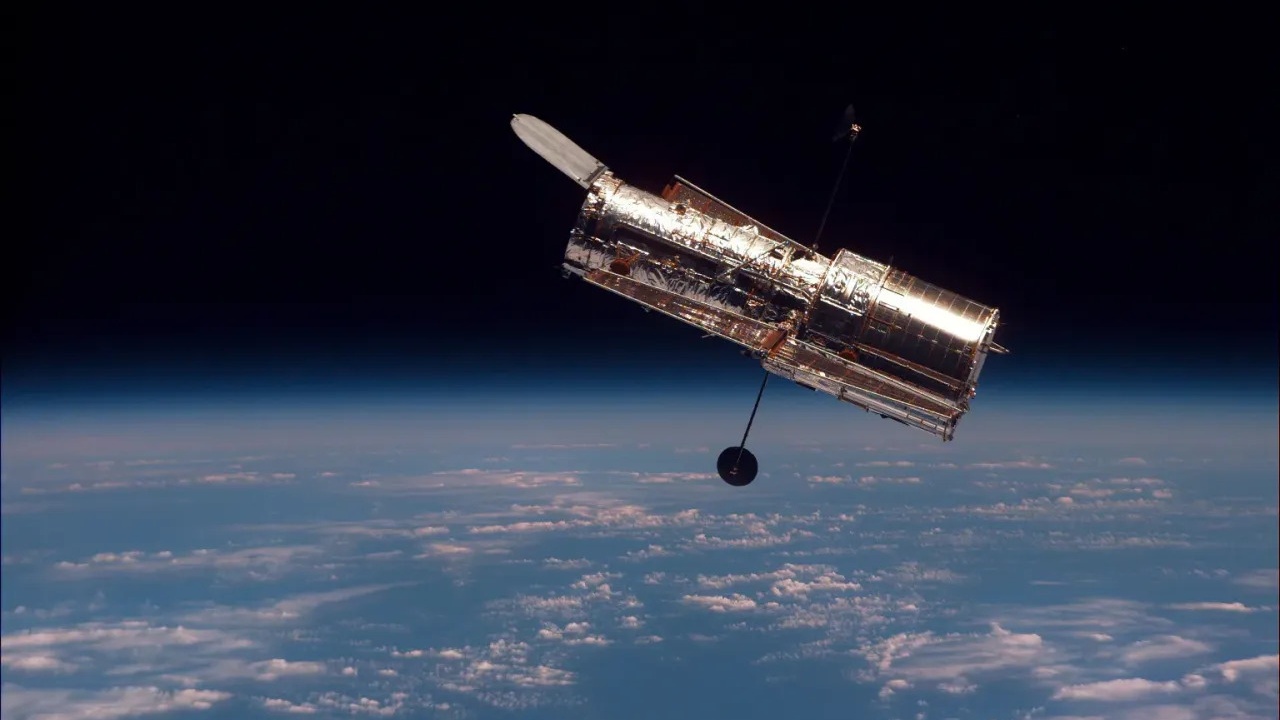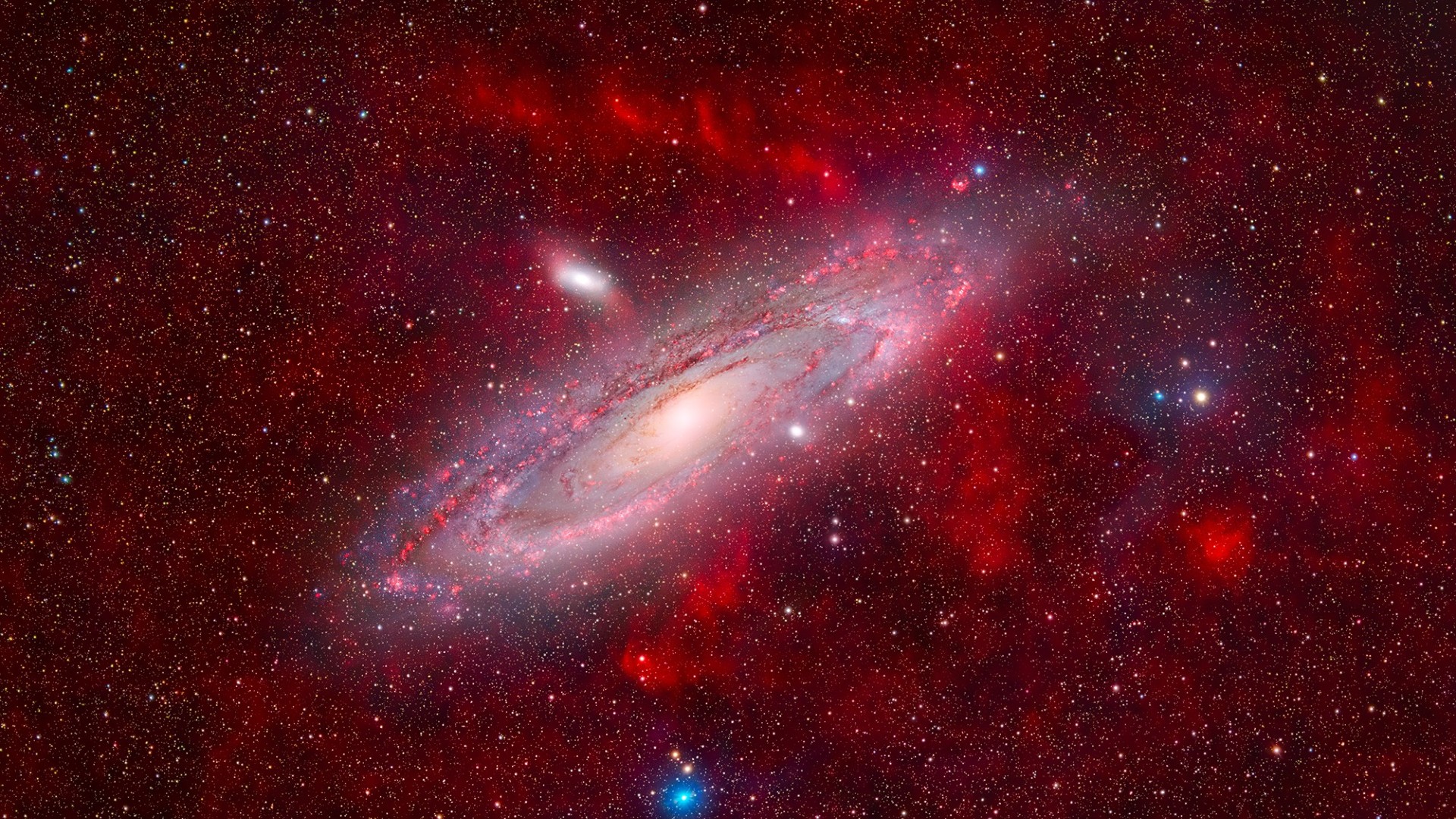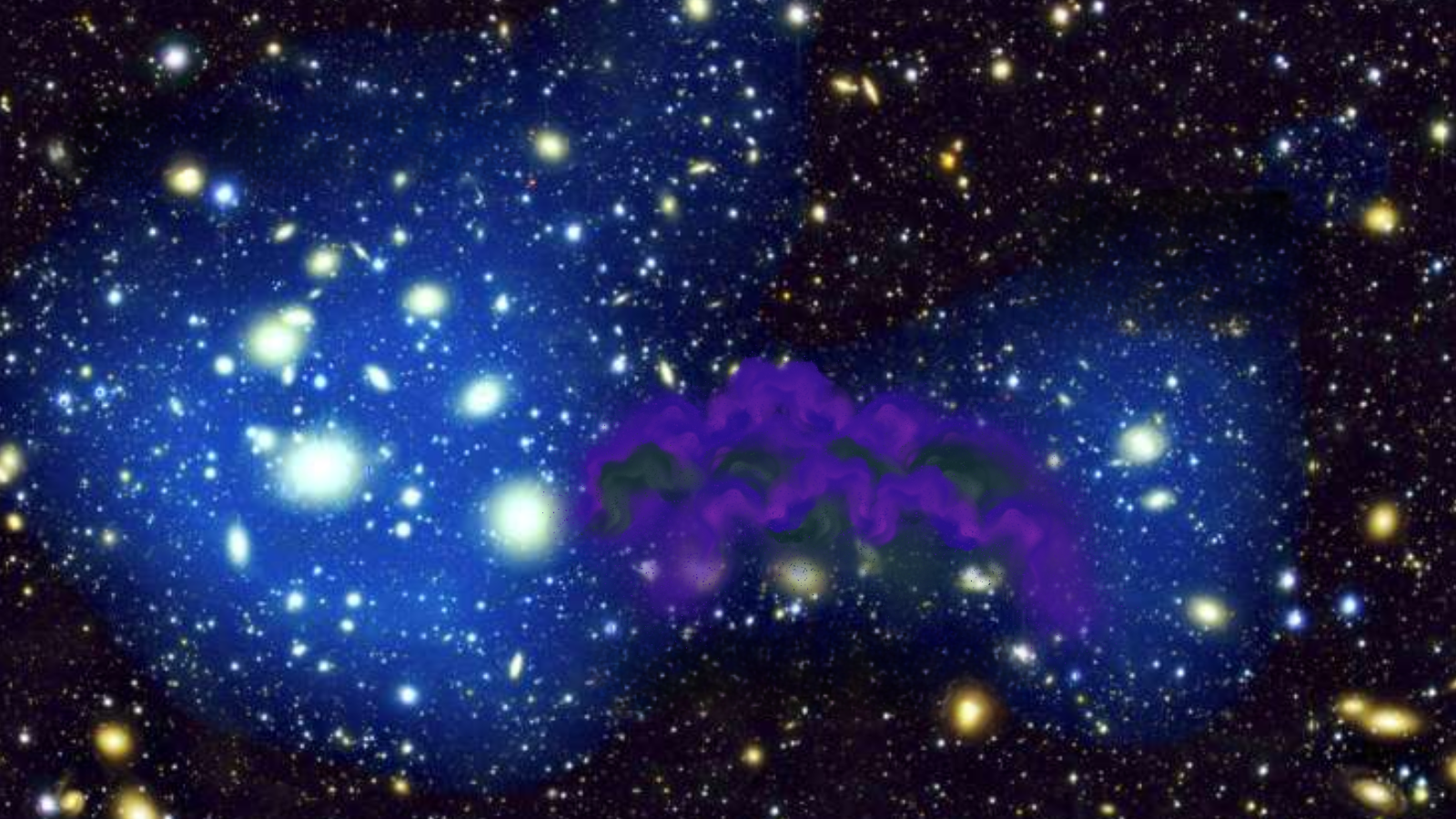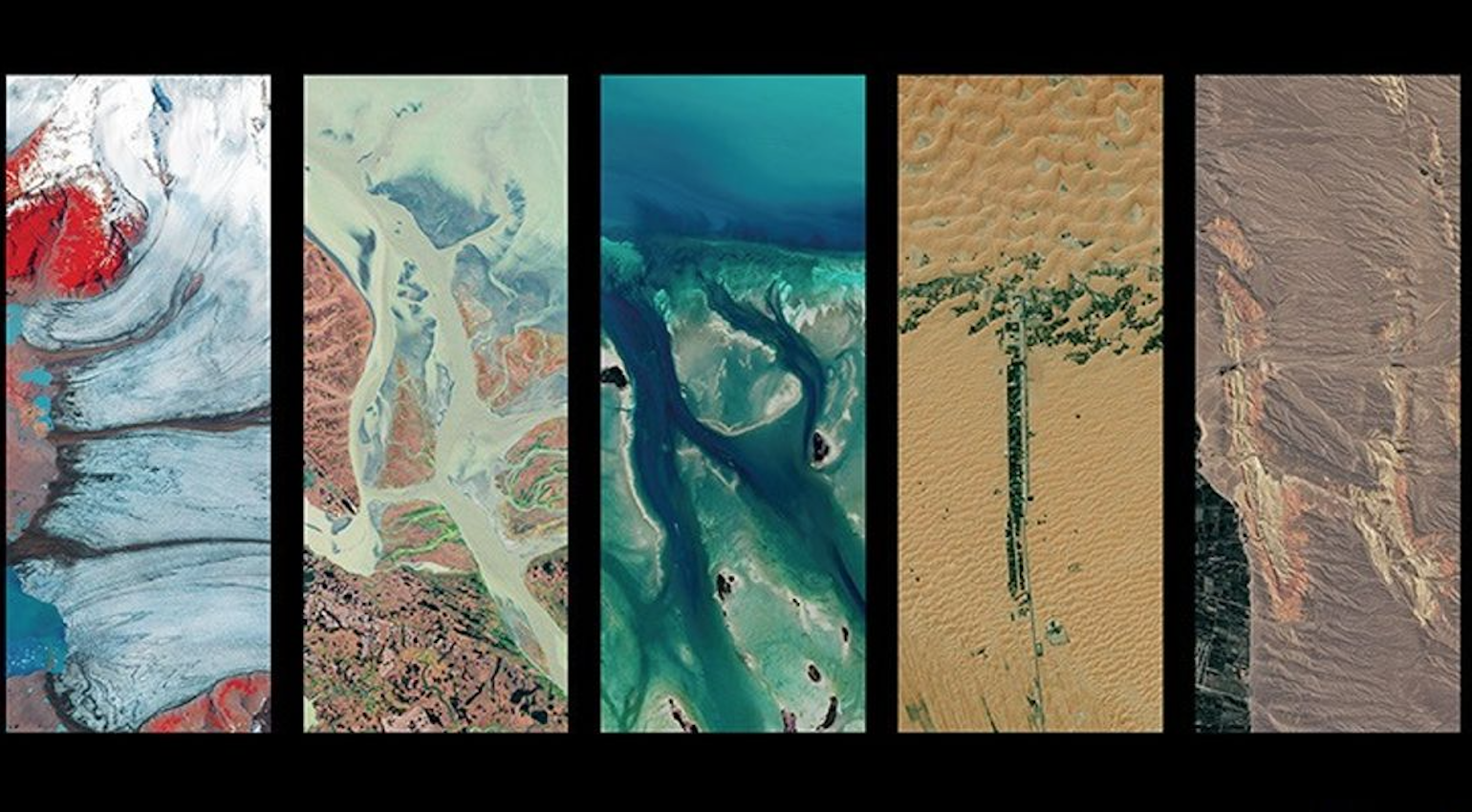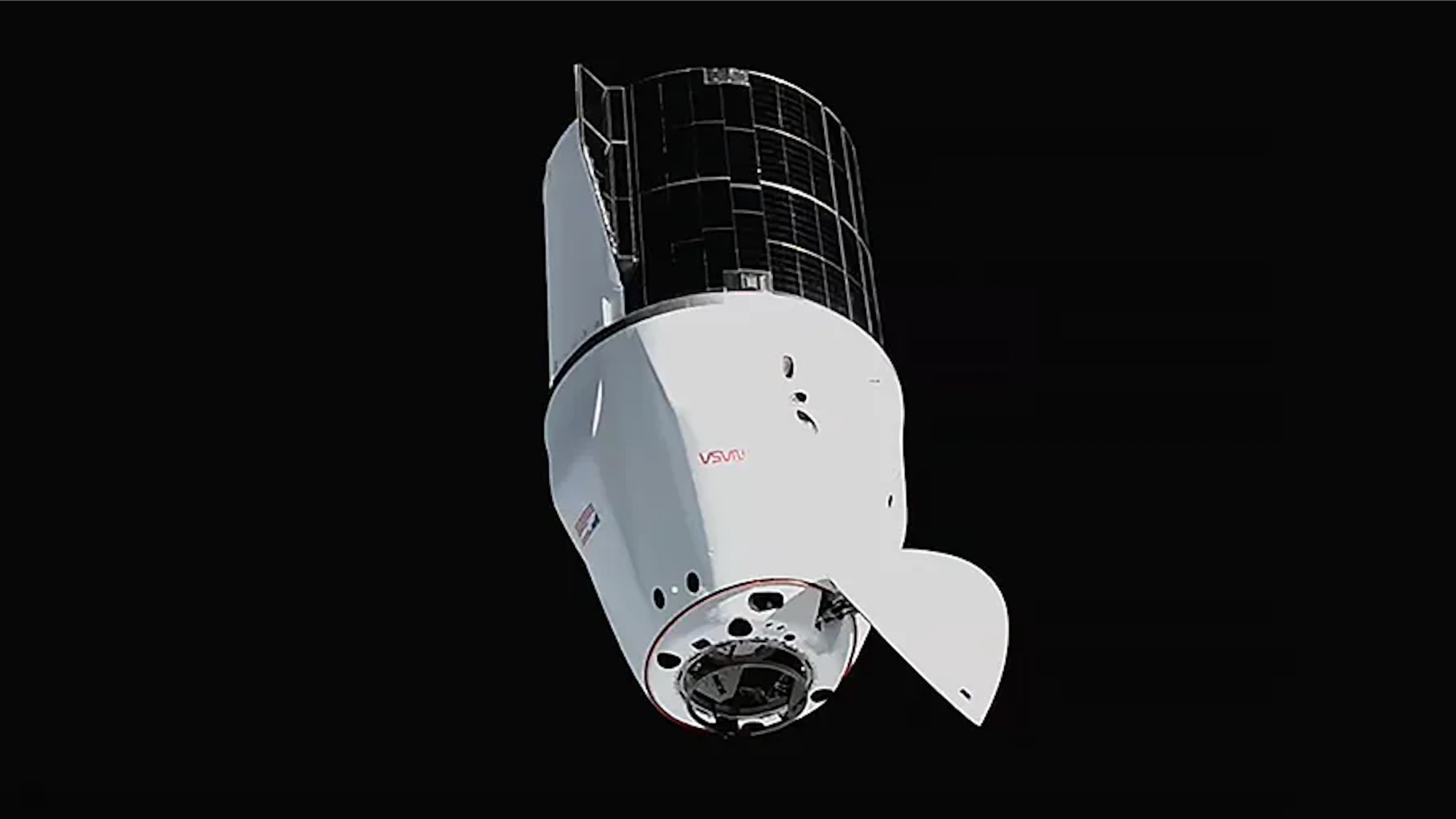Europe's Next Weather Satellite Passes Vacuum Test
A newEuropean weather satellite has passed a vital vacuum test to prove itis fitfor the rigors of space, the European Space Agency has announced.
With themonth-longtest complete, the satellite ? called MetOp-B? is now a step closer to being ready to launch in spring 2012 asplanned.
Theinstrument, built by the European Space Agency endured temperaturesranging fromover 212 degrees Fahrenheit (100 degrees Celsius) to minus 184 degreesFahrenheit (minus 120 degrees Celsius), simulating the harshenvironment itwill encounter in Earth orbit.
"Someof MetOp-B?s sensors work under much colder conditions still, becausethey areactively cooled for optimal performance verification" said ESA MetOpprogram manager Luciano Di Napoli in a statement.
Thesatellite will house a group of sensitive instruments needed to collectcontinuous data on temperature, humidity, cloud cover and gases in the atmosphereof our planet.
"Thesedata are essential for operationalmeteorology and climate research," said lead researcher RobOremus.
The vacuum testwas conducted at ESA?s Large Space Simulator at the European SpaceResearch andTechnology Centre in the Netherlands, which houses a vacuum chamberlargeenough to hold a double-decker bus standing upright.
Get the Space.com Newsletter
Breaking space news, the latest updates on rocket launches, skywatching events and more!
"Nowthat the module has overcome the vacuum test, the path is clear for therun-upto the launch," Oremus said.
After moretests and outfitting work, MetOp-B is scheduled to launch atop aRussian Soyuzrocket from Baikonur Cosmodrome in Kazakhstan in 2012.
- Infographic:Earth's Atmosphere Top to Bottom
- Video ? Watch an Amazing Rocket Launch
- The World's Weirdest Weather
Join our Space Forums to keep talking space on the latest missions, night sky and more! And if you have a news tip, correction or comment, let us know at: community@space.com.
Zoe Macintosh is a science writer who covered human spaceflight, astronomy and science for Space.com in 2010. She also covered general science for Space.com's sister site Live Science. Zoe studied English literature and physics at Smith College, where she also wrote for the Smith Sophian. Her work has also appeared in the National Association of Science Writers website.
